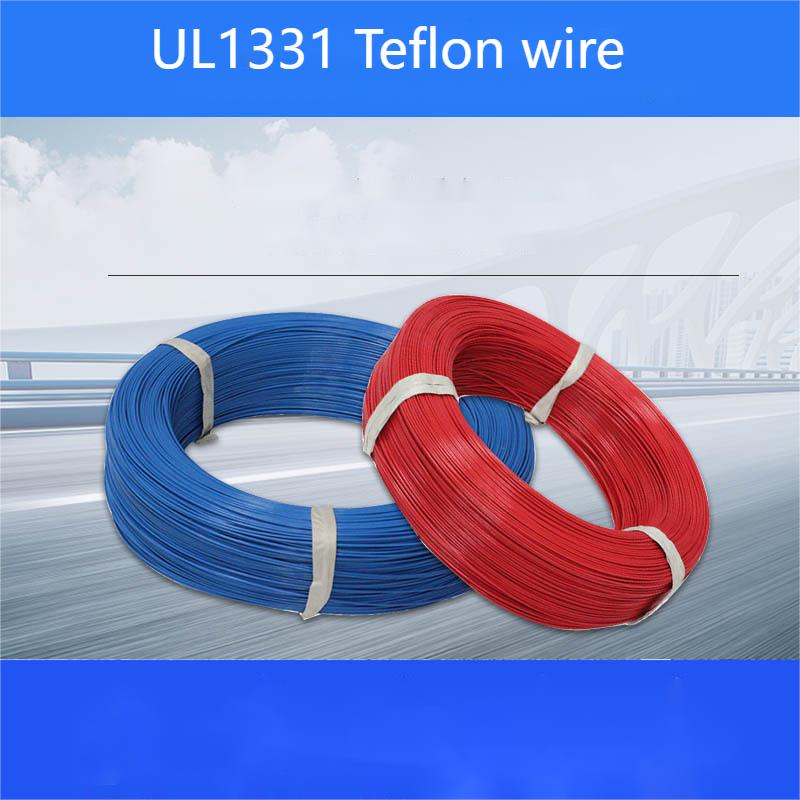In the realm of electrical wiring, two materials, silicone wire and copper wire, stand out with distinct characteristics and applications. These materials serve different purposes in the world of electronics and electrical engineering, and understanding their differences is crucial for making informed choices in various applications. Let's explore the unique features, compositions, and applications of silicone wire and copper wire.
1. Composition and Structure:
Silicone Wire:Silicone wire is crafted from silicone rubber, a flexible and heat-resistant synthetic material. The core of silicone wire typically consists of stranded copper, offering a balance between conductivity and flexibility. The outer layer of silicone rubber acts as an insulator, providing resistance to heat and ensuring the wire's pliability.
Copper Wire:Copper wire, as the name suggests, is primarily composed of copper, a highly conductive metal. The purity of the copper used can vary, impacting the wire's overall conductivity. Copper wires may have additional coatings or insulations based on their intended use, but the core remains fundamentally copper. The conductivity of copper makes it an excellent choice for electrical applications.

2. Conductivity:
Silicone Wire:While silicone wire does contain a copper core for conductivity, the silicone insulation layer does impact its conductivity compared to bare copper. However, in many applications, the conductivity of silicone wire is still more than sufficient, especially when considering its other advantageous properties.
Copper Wire:Copper is renowned for its exceptional conductivity. It allows for efficient transmission of electrical signals, making copper wire the go-to choice in applications where high conductivity is paramount. Copper's conductivity is a critical factor in ensuring the effectiveness of electrical systems and devices.
3. Temperature Resistance:
Silicone Wire:Silicone wire is prized for its outstanding temperature resistance. The silicone rubber insulation can endure a wide range of temperatures, making it an ideal choice for applications where temperature variations are common. This property allows silicone wire to remain stable and functional even in challenging thermal conditions.
Copper Wire:Copper itself does not provide significant temperature resistance. However, copper wires are often paired with insulating materials designed to withstand specific temperature ranges. Without proper insulation, copper wires might face challenges in extreme temperature environments.
4. Flexibility and Durability:
Silicone Wire:Flexibility is a notable characteristic of silicone wire. The silicone rubber insulation imparts a pliable quality, making the wire easy to handle and maneuver. This flexibility enhances the wire's durability, allowing it to withstand repeated movements without compromising its structural integrity.
Copper Wire:Copper wire, while inherently malleable, may not possess the same level of flexibility as silicone wire. Its rigidity can be a limiting factor in applications that require frequent movement or flexibility. However, advancements in wire design and insulation technologies have led to the development of flexible copper wires suitable for specific applications.
5. Applications:
Silicone Wire:Silicone wire finds its niche in applications where temperature extremes, flexibility, and durability are critical factors. Industries such as aerospace, automotive, robotics, and industrial machinery often leverage silicone wire for its ability to perform reliably in challenging conditions. Additionally, silicone wire is commonly used in hobbyist projects, particularly in the construction of model airplanes and other electronic gadgets.
Copper Wire:Copper wire is a universal choice in various electrical applications due to its excellent conductivity. It is used extensively in power transmission, electrical wiring in buildings, and electronic devices. The reliability and efficiency of copper wire make it a staple in industries ranging from telecommunications to power distribution.
6. Cost Considerations:
Silicone Wire:Silicone wire tends to be more expensive than traditional copper wire. The specialized properties of silicone, such as temperature resistance and flexibility, contribute to its higher cost.
Copper Wire:Copper wire, being widely available and less specialized, is generally more cost-effective than silicone wire. Its affordability, combined with excellent electrical conductivity, makes copper wire a preferred choice in various applications.
In Conclusion:
In the dynamic world of electrical wiring, silicone wire and copper wire each have their unique roles and advantages. Choosing between them depends on the specific requirements of the application. Silicone wire excels in environments demanding temperature resistance, flexibility, and durability, making it suitable for specialized industries. Copper wire, on the other hand, remains unparalleled in terms of conductivity and versatility across a broad spectrum of electrical applications. Understanding the nuances of each material allows for informed decisions, ensuring optimal performance in diverse electrical scenarios.


